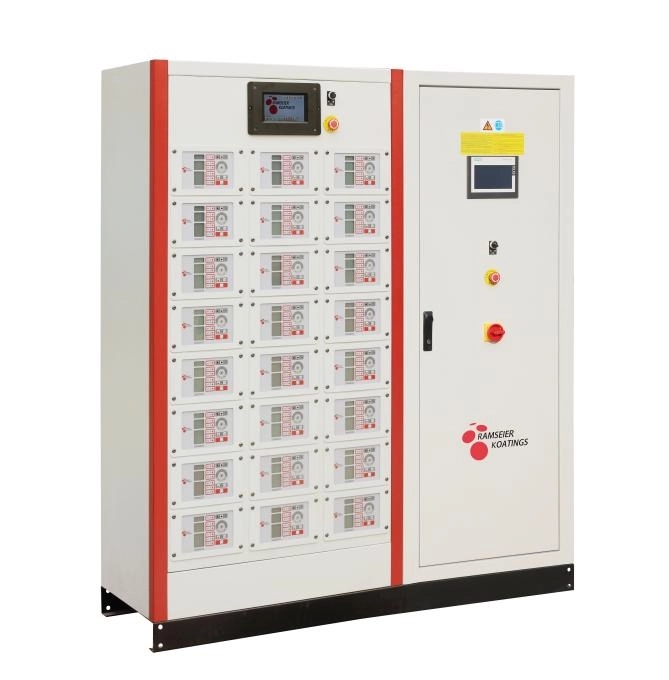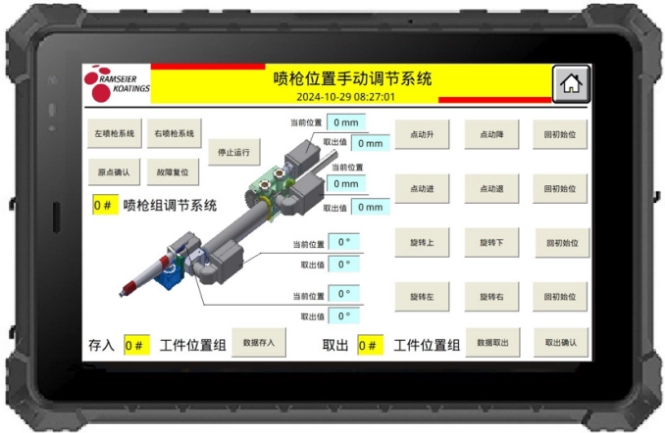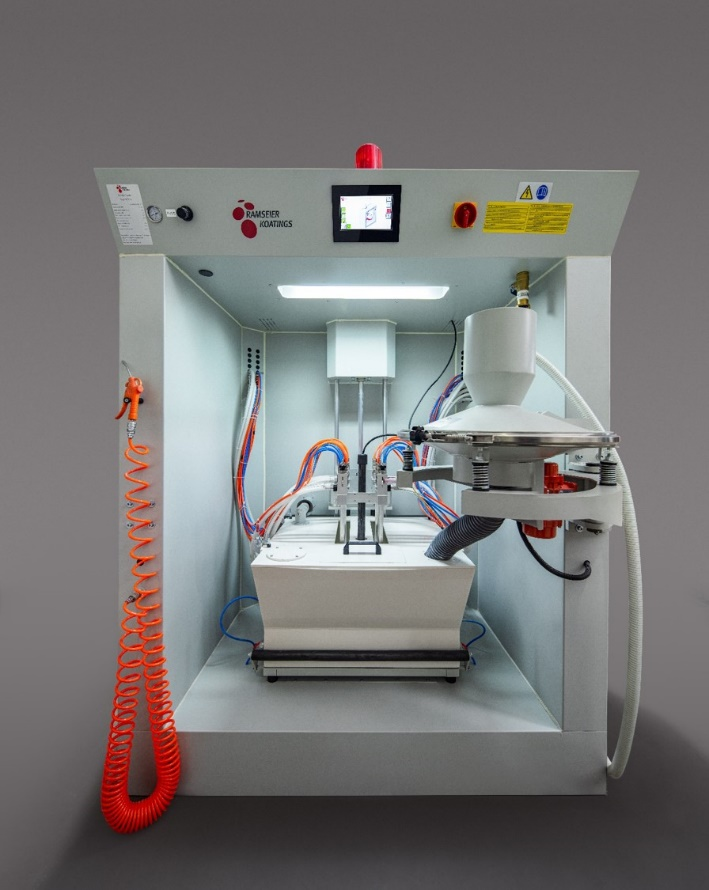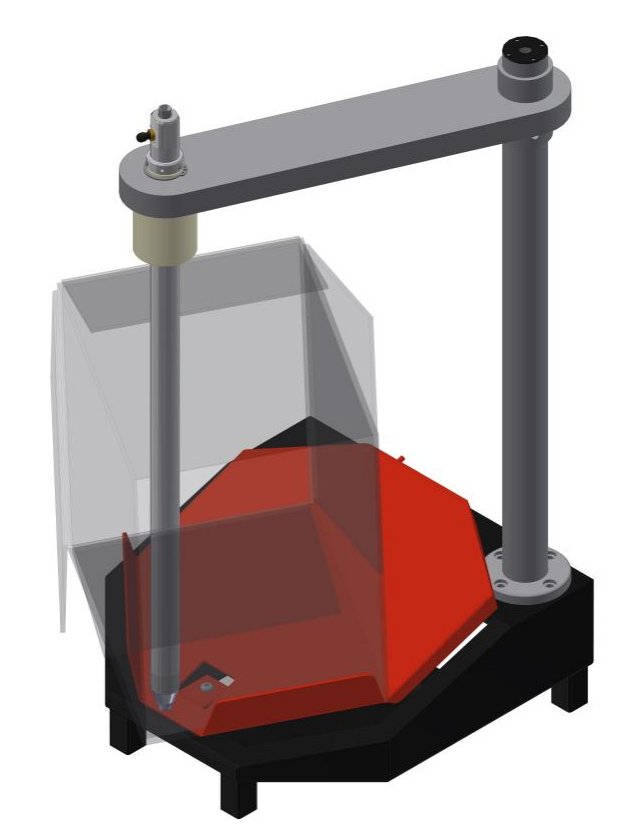Content Menu
● Understanding Data Management Systems in Industrial Coatings
>> What Is a Data Management System?
>> Why Is a Dedicated Data Management System Important for Coating Manufacturers?
● Key Features to Look for in a Data Management System
>> Formulation and Batch Management
>> Quality Control and Traceability
>> Regulatory Compliance Automation
>> Inventory and Supplier Management
>> Production Scheduling and Workflow Integration
● Evaluating System Scalability and Flexibility
● Assessing Vendor Expertise and Support
● Step-by-Step Buying Process
>> Step 1: Define Your Requirements
>> Step 2: Research and Shortlist Vendors
>> Step 3: Evaluate Demos and Features
>> Step 4: Consider Integration and Implementation
>> Step 5: Review Pricing and Service Agreements
>> Step 6: Make an Informed Decision
● Benefits of a Well-Chosen Data Management System
● Challenges to Watch For
● Frequently Asked Questions
>> 1. What distinguishes a data management system for industrial coating manufacturers from general-purpose systems?
>> 2. How can a data management system improve regulatory compliance?
>> 3. Can these systems handle multiple manufacturing sites?
>> 4. What kind of integration should I expect with existing ERP or manufacturing systems?
>> 5. How long does implementation usually take?
In today's competitive industrial coating market, efficient data management is a critical factor for success. Choosing the right data management system can help manufacturers streamline operations, ensure product quality and compliance, optimize inventory, and maintain traceability across the supply chain. However, with numerous solutions available, selecting the best system tailored to the unique needs of industrial coating companies can be complex. This comprehensive buying guide will help industrial coating manufacturers understand the essential features, evaluate options, and make informed decisions about data management systems.

Understanding Data Management Systems in Industrial Coatings
What Is a Data Management System?
A data management system (DMS) is a software platform designed to capture, organize, store, and manage data efficiently. For industrial coating manufacturers, this involves managing formulation data, batch records, raw material information, supplier data, quality control results, regulatory compliance documentation, and production workflows. The goal is to centralize all relevant data to improve accessibility, accuracy, and operational transparency.
Why Is a Dedicated Data Management System Important for Coating Manufacturers?
Industrial coatings production involves handling complex chemical formulations, maintaining strict quality standards, adhering to evolving regulations, and conducting frequent audits. A well-designed data management system:
- Ensures traceability from raw materials to finished goods, facilitating quality control and recall management.
- Automates regulatory compliance tasks such as generating Safety Data Sheets (SDS) and labels.
- Enhances formulation management to create, scale, and adjust coatings recipes efficiently.
- Improves inventory and supplier management to reduce waste and optimize supply chains.
- Supports production planning and quality audits by integrating manufacturing data in real time.
Without a dedicated DMS, manufacturers risk errors, delays, and costly non-compliance incidents.
Key Features to Look for in a Data Management System
Formulation and Batch Management
Coatings manufacturers require tools to manage chemical formulations with precision. The system should allow for:
- Defining and storing complex formulas with multiple components.
- Scaling batch sizes accurately without manual recalculations.
- Tracking formula versions and changes over time.
- Managing private label formulations for different customers.
Quality Control and Traceability
Quality assurance is foundational. A robust DMS must provide:
- Real-time tracking of ingredients and batch production history.
- Integration of quality checkpoints throughout the manufacturing process.
- Lot tracking and recall management capabilities.
- Generation and storage of audit-ready documentation.
Regulatory Compliance Automation
Regulatory landscapes for coatings are dynamic and stringent. Key system capabilities include:
- Automatic generation of compliant Safety Data Sheets (SDS) and Globally Harmonized System (GHS) labels.
- Centralized storage of all compliance documents for easy access.
- Alerts and workflows to ensure adherence to changing regulations.
- Support for certifications and standards relevant to coatings manufacturing.
Inventory and Supplier Management
Optimizing raw materials and finished goods inventories reduces costs and waste. Important features are:
- Real-time inventory tracking with expiration date monitoring.
- Automated reorder alerts to maintain optimal stock levels.
- Supplier onboarding and performance evaluation modules.
- Integration with purchasing and warehouse management.
Production Scheduling and Workflow Integration
Efficient production scheduling minimizes downtime and ensures timely deliveries. The system should provide:
- Tools for planning jobs based on capacity and priorities.
- Real-time visibility into production progress and bottlenecks.
- Seamless integration with shop floor control systems for data capture.
- Reporting dashboards for managers to track key performance indicators.
Evaluating System Scalability and Flexibility
Industrial coating manufacturers should consider how well a data management system can grow with their business. Key considerations include:
- *Modular design:* Ability to add or remove features as needs evolve.
- *Support for multiple sites:* Centralized data management across multiple plants or warehouses.
- *Customization capabilities:* Flexibility to adapt workflows, forms, and reporting.
- *Cloud vs. on-premise deployment:* Options that align with IT strategy and budget.
A scalable system avoids costly replacements and supports expanding product lines or markets.
Assessing Vendor Expertise and Support
Choosing a software vendor with deep experience in coatings manufacturing is crucial. Look for:
- Industry-specific knowledge reflected in tailored features.
- Proven track record with clients in paint, coatings, or chemical manufacturing.
- Responsive customer support and training resources.
- A clear roadmap for updates in line with regulatory changes and technology advances.
Step-by-Step Buying Process
Step 1: Define Your Requirements
Start by documenting your current challenges and future goals related to data management. Identify must-have functionalities versus nice-to-haves, considering:
- Number of users and locations.
- Regulatory compliance requirements.
- Integration needs with existing systems like ERP or LIMS.
- Budget constraints.
Step 2: Research and Shortlist Vendors
Use industry forums, recommendations, and vendor websites to create a list of potential suppliers. Request demos focused on coatings-specific capabilities.
Step 3: Evaluate Demos and Features
During demonstrations, verify if the system can handle:
- Complex formulation management.
- Automated compliance documentation.
- Real-time inventory and production tracking.
- Flexible reporting and alerts.
Ask for case studies or client references from the coatings sector.
Step 4: Consider Integration and Implementation
Assess how easily the system will integrate with your existing infrastructure. Discuss:
- Data migration support.
- Training and onboarding.
- Customization options.
- Implementation timeline and costs.
Step 5: Review Pricing and Service Agreements
Clarify all costs including licensing, maintenance, upgrades, and support. Check the terms of service agreements regarding data security and uptime guarantees.
Step 6: Make an Informed Decision
Choose the solution aligning best with your operational needs, scalability plans, and vendor reliability.
Benefits of a Well-Chosen Data Management System
Implementing the right data management system can yield:
- Improved product quality through better formulation control.
- Reduced compliance risks with automated documentation.
- Enhanced operational efficiency by minimizing manual data entry.
- Greater supply chain visibility and resilience.
- Faster response to recalls and customer audits.
- Cost savings from optimized inventory and waste reduction.
Challenges to Watch For
While data systems provide many advantages, be aware of potential pitfalls:
- Complex or rigid software that doesn't adapt well to unique workflows.
- Hidden costs for customizations and integrations.
- Resistance from staff requiring extensive training.
- Overreliance on a single vendor without adequate contingency plans.
Proper upfront evaluation and change management strategies mitigate these risks.
Frequently Asked Questions
1. What distinguishes a data management system for industrial coating manufacturers from general-purpose systems?
A coatings-specific system integrates formulation management, compliance automation, quality control, and inventory tracking tailored to the chemical complexities and regulatory requirements of coatings production.
2. How can a data management system improve regulatory compliance?
It automates creation and storage of Safety Data Sheets (SDS), GHS labels, and certificates, ensuring up-to-date documentation aligned with regulations, which streamlines audits and reduces errors.
3. Can these systems handle multiple manufacturing sites?
Yes, scalable solutions support centralized data management across various locations, ensuring consistent processes and reporting.
4. What kind of integration should I expect with existing ERP or manufacturing systems?
Modern data management systems typically offer APIs or connectors to integrate production, inventory, financial, and quality control systems for seamless data flow.
5. How long does implementation usually take?
Implementation time varies by system complexity and customization but typically ranges from a few weeks to several months, including data migration, configuration, and training.

[1] https://www.ecisolutions.com/industries/manufacturing/erp-software-for-paint-and-coatings-manufacturers/
[2] https://huggingface.co/facebook/xm_transformer_unity_hk-en/commit/e37fd5ab9c6faf7a9547972cf6dace1c144c49c8.diff?file=en_zh_spm.dict
[3] https://www.pcimag.com/articles/86813-erp-systems-for-coatings-manufacturers-must-have
[4] https://www.scribd.com/document/666776779/%E5%A6%82%E9%B1%BC%E5%BE%97%E6%B0%B4%E8%AE%B0%E5%8D%95%E8%AF%8D-%E4%B8%93%E4%B8%9A%E5%85%AB%E7%BA%A7%E8%AF%8D%E6%B1%87%E8%AF%AD%E5%A2%83%E8%AE%B0%E5%BF%86-%E8%8C%85%E9%A3%8E%E5%8D%8E-Z-Library
[5] https://tech-clarity.com/pdm-guide-2/6781
[6] https://www.scribd.com/document/813455547/%E8%8B%B1%E8%AF%AD%E8%AF%8D%E6%B1%87%E5%AD%A6%E5%AE%9E%E8%B7%B5
[7] https://www.batchmaster.com/erp-for-paints-coatings-manufacturing/
[8] https://www.cs.cmu.edu/afs/cs.cmu.edu/project/cmt-40/Nice/Transfer/Chinese/xferlexicon
[9] https://tech-clarity.com/pdm-buyers-guide/9009
[10] https://huggingface.co/openbmb/cpm-bee-1b/commit/bd72a61dd7a59086ed7456f1dfcaa995c8ec58a3.diff
Hot Tags: China, Global, OEM, private label, manufacturers, factory, suppliers, manufacturing company










































 .
. 